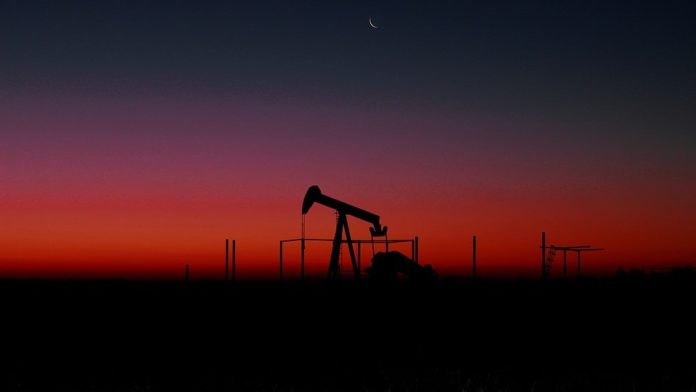Despite the accelerating threat of climate change, we are continuing to build fossil fuel infrastructure, drawing out what is arguably the greatest challenge of our time.
The numbers on the matter are stark: gas-powered car sales are due to hit 100 million by 2020 and India expects to double its coal usage by 2020, among other developments.
In response, a group of Canadian and international researchers posed an interesting question: what would happen if all of this production were to stop and current infrastructure made obsolete at the end of its lifetime?
This would mean that power plants, industrial facilities, ships, planes, and cars would all be in their last generation as of the end of 2018, ready to be replaced by carbon zero alternatives or not at all.
Remarkably, their study data showed that we would have a 64% chance of keeping global temperature rise below 1.5 °C, which is the current target as set out by the Paris Agreement.
Even waiting till 2030 to mitigate fossil fuel infrastructure would significantly reduce our chances of reaching this target.
“Our research found that the current amount of fossil fuel infrastructure in the global economy does not yet commit us to exceeding the 1.5 °C temperature rise limit put forward by the Paris Agreement,” says lead author Chris Smith of the University of Leeds.
“We may have missed starting the phase out by the end of 2018, but we are still within the margin of achieving the scenario the model put forward. Every year we delay in phasing out this infrastructure makes the fossil fuel ‘lock-in’ harder to get out of and the possibility of keeping global temperature rise below 1.5 °C less likely.”
Highly optimistic hypothesis highlights depressing likelihood
As part of the study scenario, the team made three forecasts for a phaseout: slow, medium, and fast. A number of termination timelines were applied to each category of the major carbon culprits.
Along with this, the researchers worked with the assumption that efforts to lower meat consumption would gradually succeed, and the threat of thawing permafrost – which would release large amounts of CO2 into the atmosphere – never comes to pass.
The authors openly acknowledge that their scenario is highly idealistic. The odds of a concerted global effort to phase out all fossil fuel infrastructure anytime soon are extremely low.
What is important about this hypothetical work is that it underlines a depressing reality: if this is the most optimistic outcome still within the realm of possibility, then we are set to fail the Paris Agreement target given how unlikely it is.
Skepticism about our ability to achieve the 1.5 °C target is not new. Some critics point to the high number of nations lagging behind in their commitments, while others say the original agreement wasn’t ambitious enough in the first place.
This new study adds considerable weight to the skeptics’ claims, and emphasizes the urgent need to progress toward carbon-zero alternatives.








































